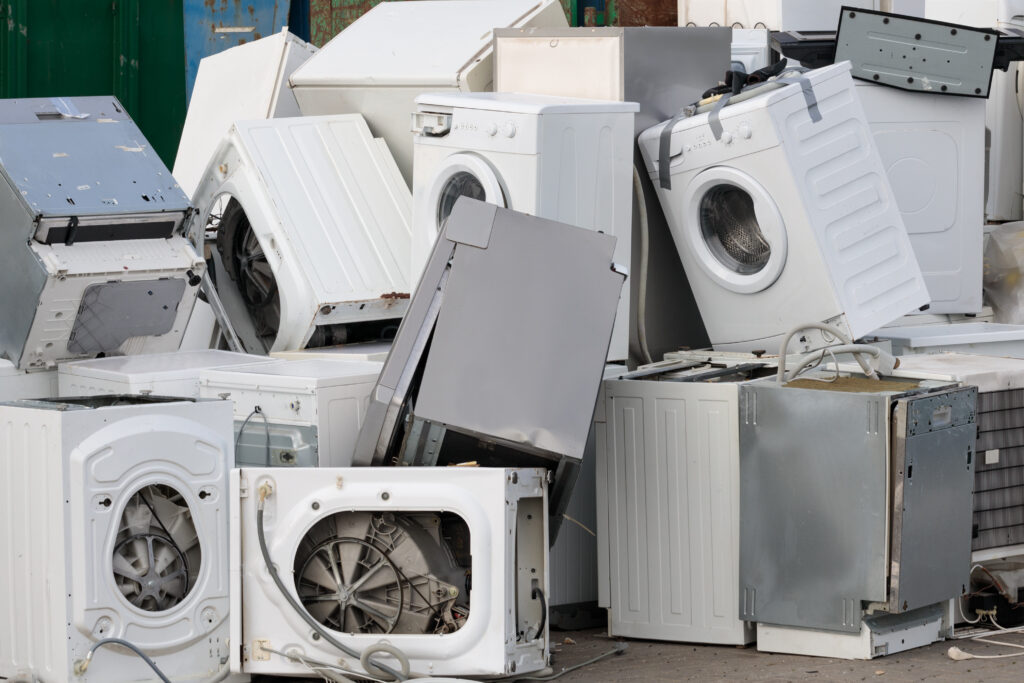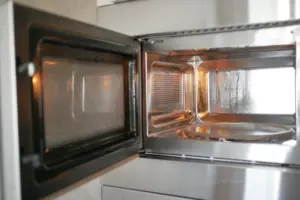In today’s fast-paced world, electrical appliances are indispensable in making our lives more convenient and efficient. From coffee makers and toasters to hairdryers and electric razors, small electrical appliances are found in nearly every household. You might be wondering how to go about recycling small electrical appliances. But what happens when these items break down or become obsolete? Unfortunately, many of these appliances end up in landfills, contributing to environmental issues like electronic waste (e-waste). Recycling small electrical appliances is a critical step in reducing our carbon footprint, conserving resources, and promoting a more sustainable future.
In this article, we will explore why it’s essential to recycle small electrical appliances, how the recycling process works, what types of appliances can be recycled, and how My Appliance Guy can help you dispose of them responsibly.
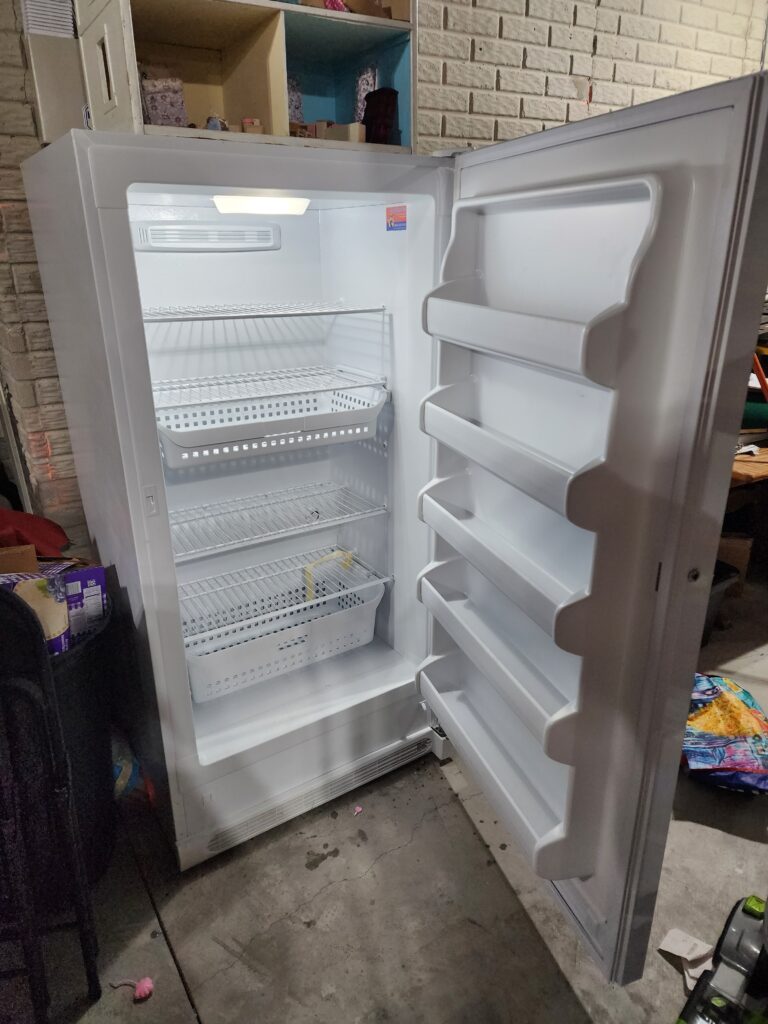
Why Recycling Small Electrical Appliances is Important
As technology advances, households accumulate a growing number of small electrical appliances. While these devices make our lives easier, they also have a limited lifespan. When these appliances stop working or are replaced by newer models, many people dispose of them in the trash. Unfortunately, this is a missed opportunity for recycling valuable materials and preventing harmful substances from entering the environment.
Environmental Impact: Small electrical appliances contain a variety of materials that can be harmful to the environment if not disposed of properly. These materials include plastics, metals, and chemicals, some of which can release toxins when broken down in landfills. Recycling helps to recover valuable materials like copper, aluminum, and steel, reducing the need for mining new raw materials and conserving natural resources.
Reducing E-Waste: E-waste is a growing global problem, with millions of tons of discarded electronics piling up in landfills each year. Small electrical appliances are part of this growing issue. By recycling these items, we can significantly reduce the volume of e-waste and minimize the negative impact on the environment.
Energy Conservation: Recycling appliances also helps conserve energy. Manufacturing products from recycled materials requires far less energy than producing them from new resources. This reduction in energy use translates to lower carbon emissions, helping to combat climate change.
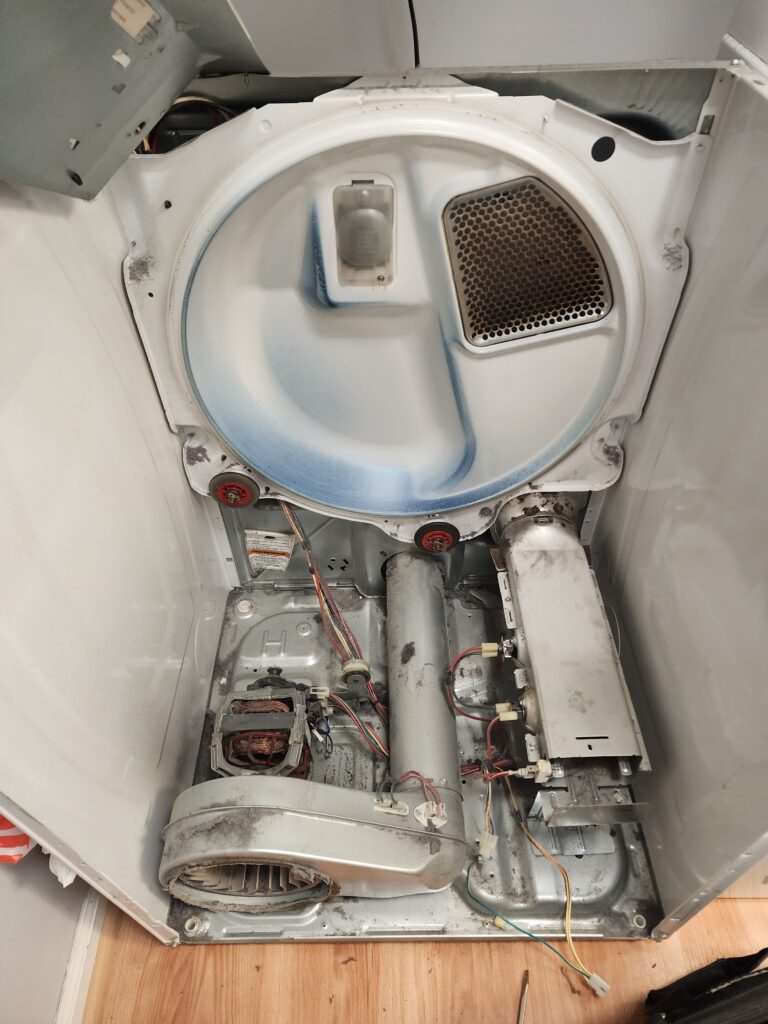
How the Recycling Small Electrical Appliances Process Works
Recycling small electrical appliances involves several steps, each designed to ensure that valuable materials are recovered and hazardous components are properly managed. Here’s how the recycling process typically works:
- Collection: The first step is collecting small electrical appliances for recycling. Many cities offer curbside e-waste collection services, and there are also drop-off points at recycling centers, electronics stores, and some appliance retailers. My Appliance Guy can also assist in collecting small electrical appliances for recycling as part of our commitment to sustainability.
- Sorting: Once collected, the appliances are sorted by type and material. This step is crucial in determining how each appliance will be processed. For example, some appliances may be taken apart for manual dismantling, while others are shredded to separate materials.
- Disassembly: The next step involves disassembling the appliance to recover valuable components. This may include removing metal parts, separating plastics, and extracting electronic components like circuit boards. Certain appliances contain hazardous materials, such as batteries or chemicals, which need to be handled with care to prevent environmental contamination.
- Material Recovery: After disassembly, the materials are separated for recycling. Metals like copper, aluminum, and steel can be melted down and reused to create new products. Plastics can also be recycled and repurposed into other consumer goods. Any hazardous materials are disposed of safely, preventing them from polluting the environment.
- Recycling and Reuse: The final step is the actual recycling of the recovered materials. These materials are sent to manufacturers who can incorporate them into new products, thus completing the recycling loop.
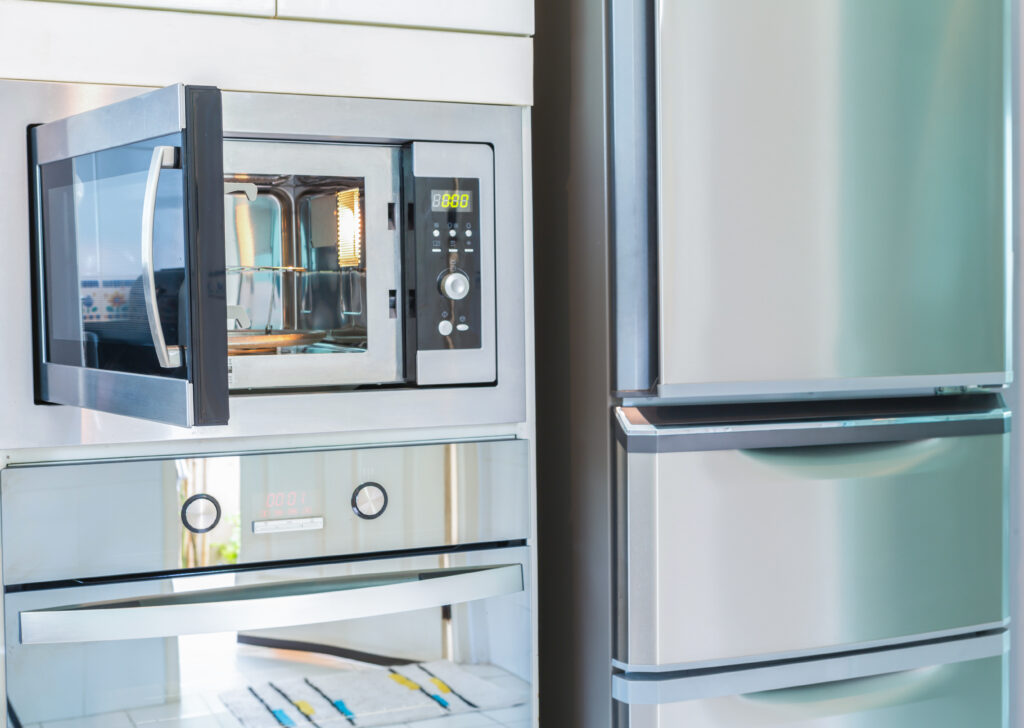
What Types of Small Electrical Appliances Can Be Recycled?
Many small electrical appliances are eligible for recycling, including:
- Kitchen Appliances: Items like toasters, blenders, coffee makers, and microwaves can be recycled. These appliances often contain valuable metals like copper and aluminum, which can be recovered during the recycling process.
- Personal Care Appliances: Hairdryers, electric shavers, and curling irons are also recyclable. Many of these devices contain plastic casings, which can be repurposed, along with electronic components that are valuable for recovery.
- Home Appliances: Fans, vacuum cleaners, and space heaters are examples of home appliances that can be recycled. These items often contain metal and plastic components that are easily separated and reused.
- Office Appliances: Small office appliances like paper shredders, printers, and scanners can also be recycled. These devices often contain electronic parts and plastic components that are valuable for recycling.
Before recycling, it’s a good idea to check with local recycling centers if you’re in Lake County Ohio or your appliance retailer to confirm what items they accept. Additionally, My Appliance Guy can help guide you through the recycling process, ensuring that your small electrical appliances are disposed of responsibly.
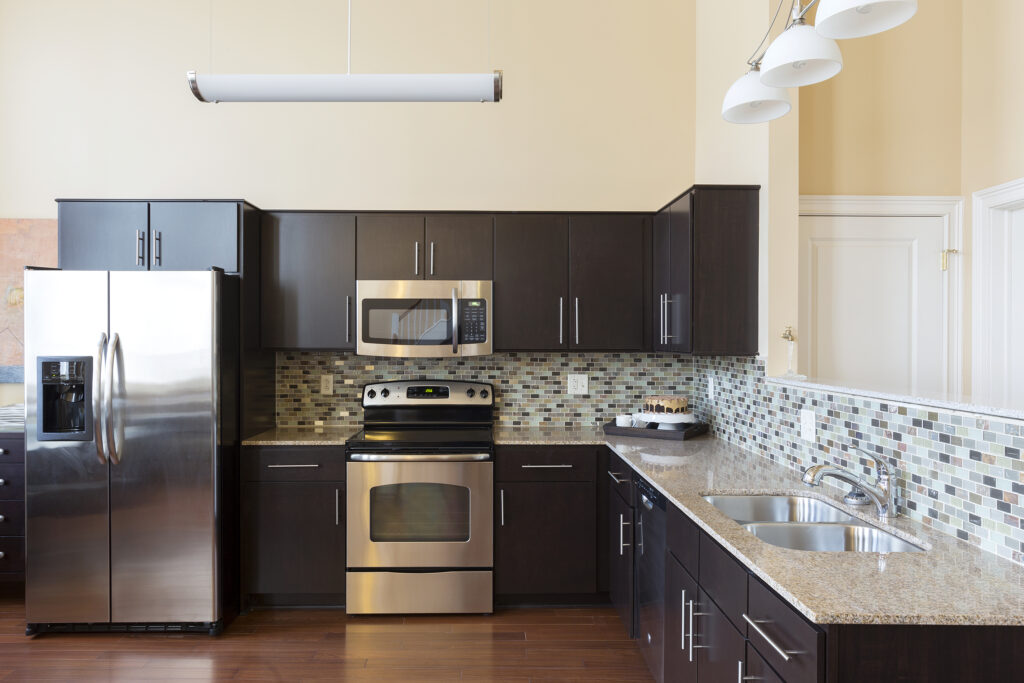
What Happens if You Don’t Recycle Small Appliances?
Failing to recycle small electrical appliances can have several negative consequences. When these items are sent to landfills, they not only take up space but also contribute to the release of harmful chemicals and toxins. Over time, these substances can leach into the soil and water, leading to environmental contamination that poses risks to both human health and wildlife.
Moreover, the valuable materials contained in these appliances are lost when they are not recycled. Metals like copper and aluminum, which are finite resources, are wasted, requiring new raw materials to be mined. This mining process is energy-intensive and environmentally destructive, contributing to habitat loss and carbon emissions.
By recycling small electrical appliances, you’re not only helping to protect the environment but also conserving resources and reducing the demand for new raw materials.
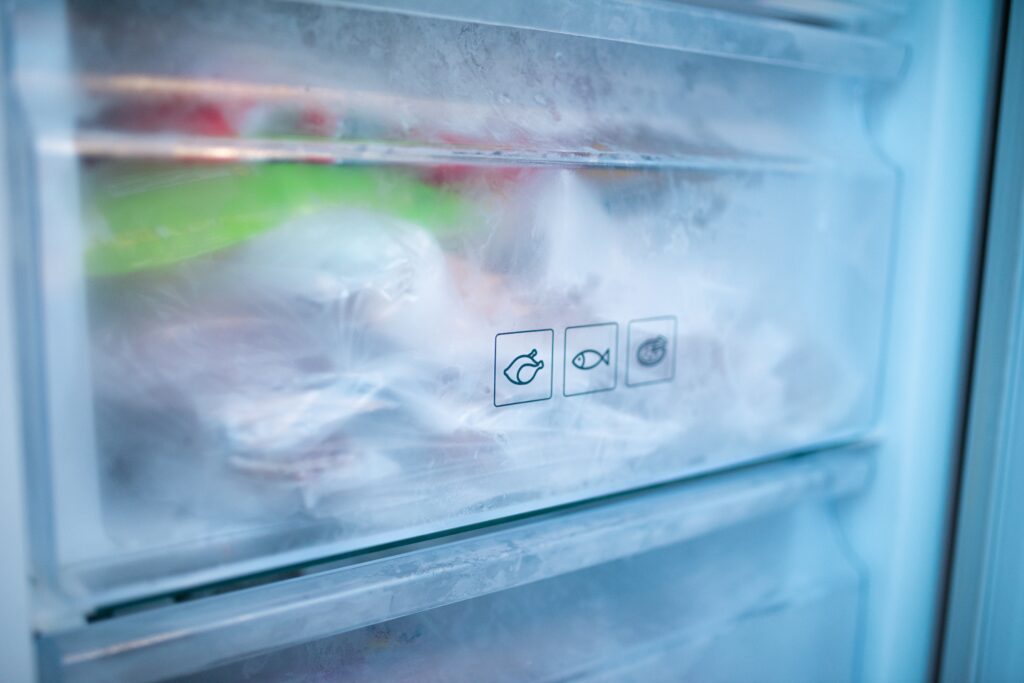
How My Appliance Guy Can Help
At My Appliance Guy, we understand the importance of responsible appliance disposal. That’s why we offer services to help you recycle your small electrical appliances in an environmentally friendly manner. Whether you’re upgrading to newer models or simply need to get rid of old, broken appliances, we can assist with the collection and proper disposal of these items.
Our team is committed to sustainability and works with certified recycling partners to ensure that your appliances are handled safely and responsibly. By choosing My Appliance Guy, you’re not only supporting local businesses but also contributing to a cleaner, greener future.
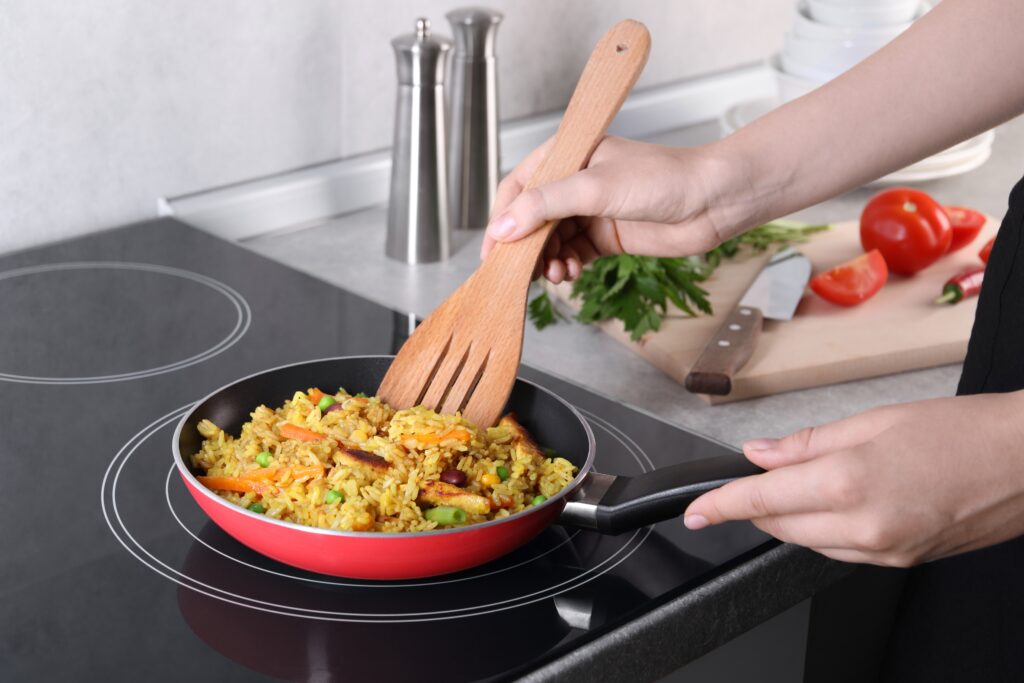
Conclusion
Recycling small electrical appliances is an essential step toward reducing e-waste, conserving resources, and protecting the environment. These appliances may be small, but their impact on the planet can be significant if not disposed of properly. By recycling, we can recover valuable materials, reduce the need for new raw resources, and minimize the harmful effects of e-waste.
My Appliance Guy is here to help you make eco-friendly choices when it comes to appliance disposal. Whether you’re recycling a toaster, a vacuum cleaner, or a hairdryer, we can assist you in finding the most responsible and convenient recycling solutions. Together, we can reduce e-waste and move toward a more sustainable future.

